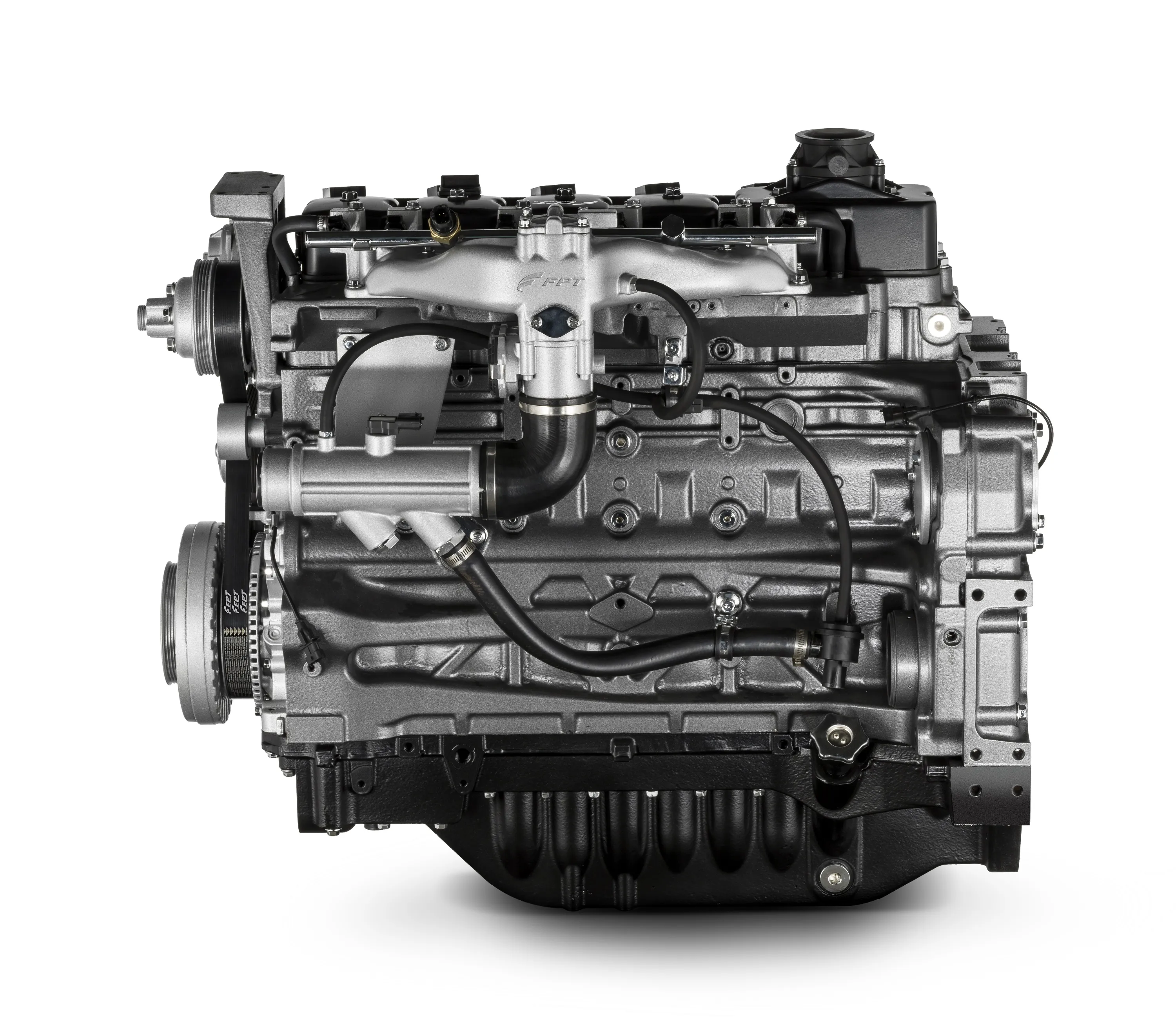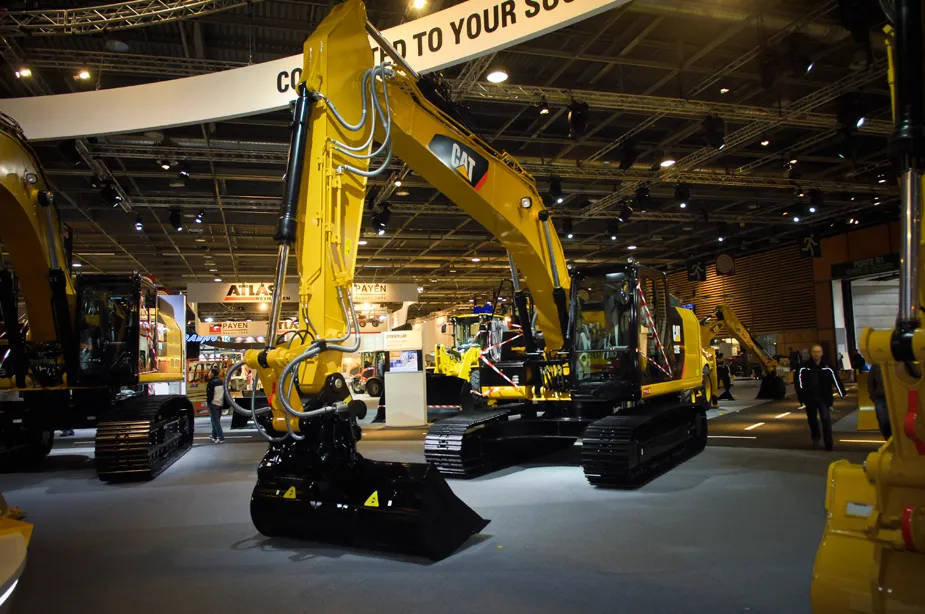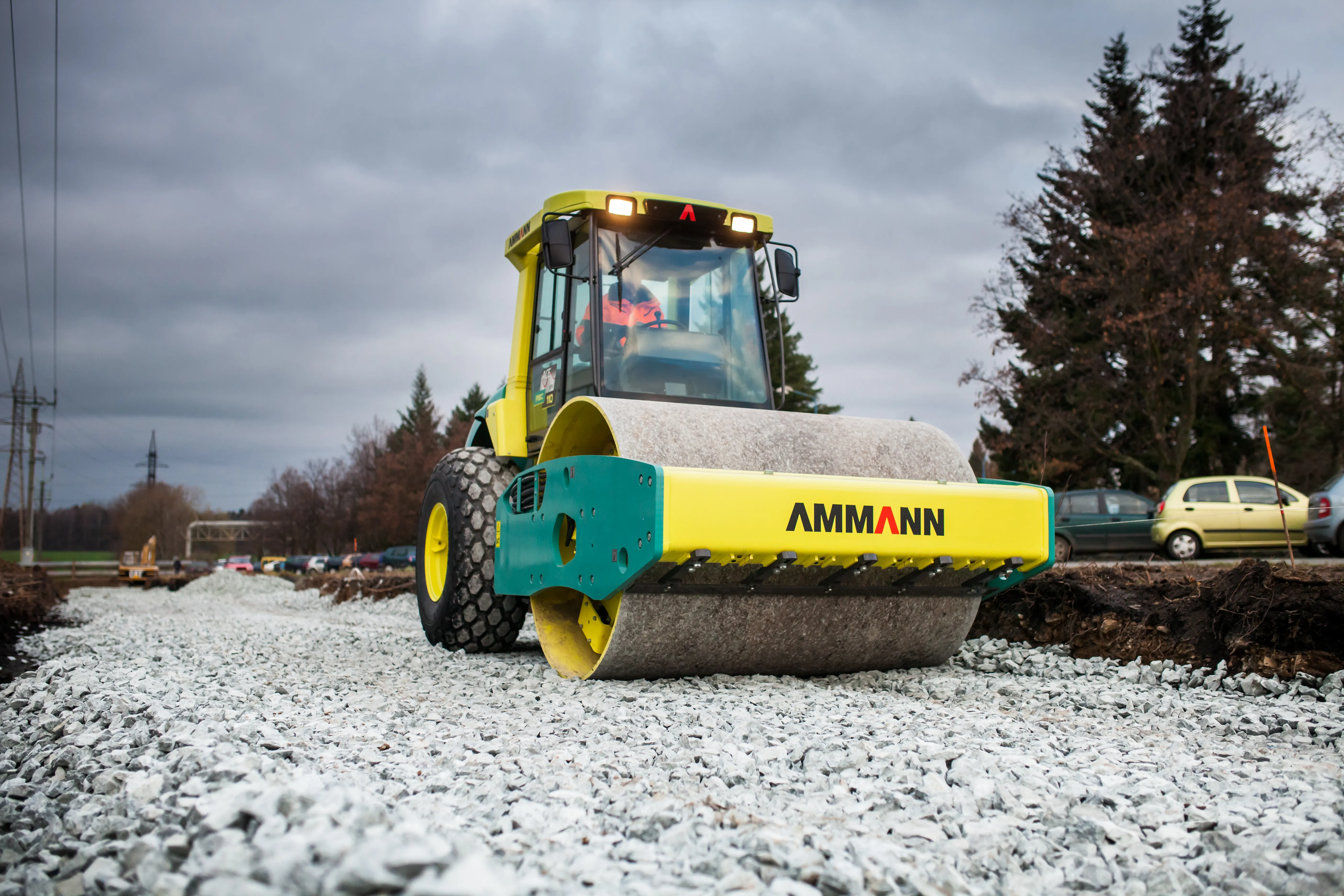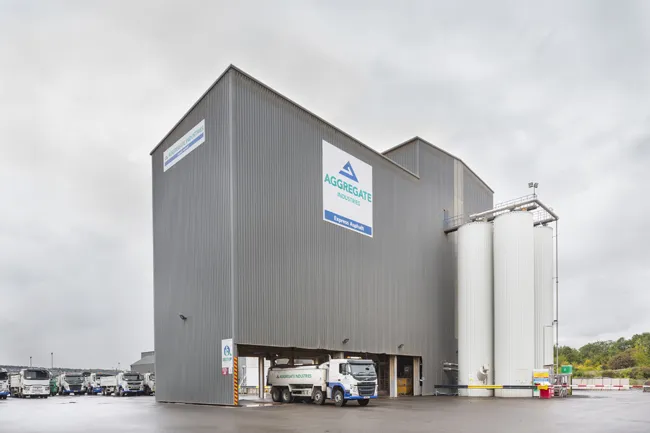
A key feature is that the system does not have a separate particulate filter. Instead, the HI-eSCR2 system integrates its particulate filtration system into the SCR module. Rotti said, “We have a single component that carries out both tasks.”
The package includes patented technology and the firm says that its design simplifies the installation and also cuts maintenance needs. According to FPT, the HI-eSCR2 occupies the same space as the previous after-treatment solution HI-eSCR used for Stage IV, without compromising performance. The firm claims that its solution delivers best-in-class power and torque density and for high load or high power applications, users have no need to halt equipment during operations for filter regeneration.
The package has been developed with the help of FPT’s experience in the on-highway sector and uses much proven technology to ensure its reliability in the field according to the firm.








